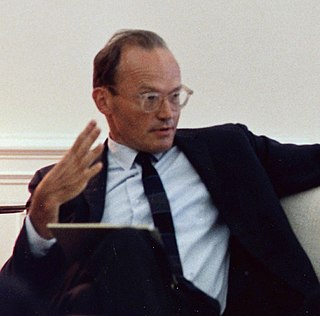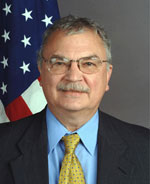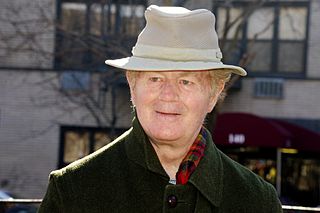A Quote by Jacob Weisberg
Vietnam was a terrible mistake for the United States. But like Iraq, Vietnam was a badly chosen battlefield in a larger conflict with totalitarianism that America had no choice but to pursue.
Related Quotes
Every book that comes out, every article that comes out, talks about how - while it may have been a "mistake" or an "unwise effort" - the United States was defending South Vietnam from North Vietnamese aggression. And they portray those who opposed the war as apologists for North Vietnam. That's standard to say. The purpose is obvious: to obscure the fact that the United States did attack South Vietnam and the major war was fought against South Vietnam.
Most of us who were opposed to the war, especially in the early '60's - the war we were opposed to was the war on South Vietnam which destroyed South Vietnam's rural society. The South was devastated. But now anyone who opposed this atrocity is regarded as having defended North Vietnam. And that's part of the effort to present the war as if it were a war between South Vietnam and North Vietnam with the United States helping the South. Of course it's fabrication. But it's "official truth" now.
It was obvious uh, that uh, the situation in Vietnam was far from stable in 1964 and that there, if in fact the United States was going to uh carry out its declared intent to uh, do its best to prevent uh, a Communist overrun of South Vietnam, uh, there would be at least hard choices to make, and there might be a choice for uh, stronger action.
One of the lessons learned during the Vietnam War was that the depiction of wounded soldiers, of coffins stacked higher than their living guards, had a negative effect on the viewing public. The military in Iraq specifically banned the photographing of wounded soldiers and coffins, thus sanitizing this terrible and bloody conflict.
Why was I in a basement saying, "I'm alone here," wielding a lead pipe and crowbars? It was like I was doing the Vietnam War. It was like I was being America. If I put a blindfold on, I can't see you as people, which seemed to be what the United States was doing. I mean, it was important for people in my generation, because I grew up in the '40s, at a time when America was supposedly the hero nation. America saved Europe. And, some years later, we realized, America is a criminal.
It has been said that the United States was deceived into entering and expanding the Vietnam War by its own overoptimistic propaganda. The record suggests, however, that the policy-makers stayed in Vietnam not so much because of overly optimistic hopes of winning ... as because of overly pessimistic assessments of the consequences of losing.































